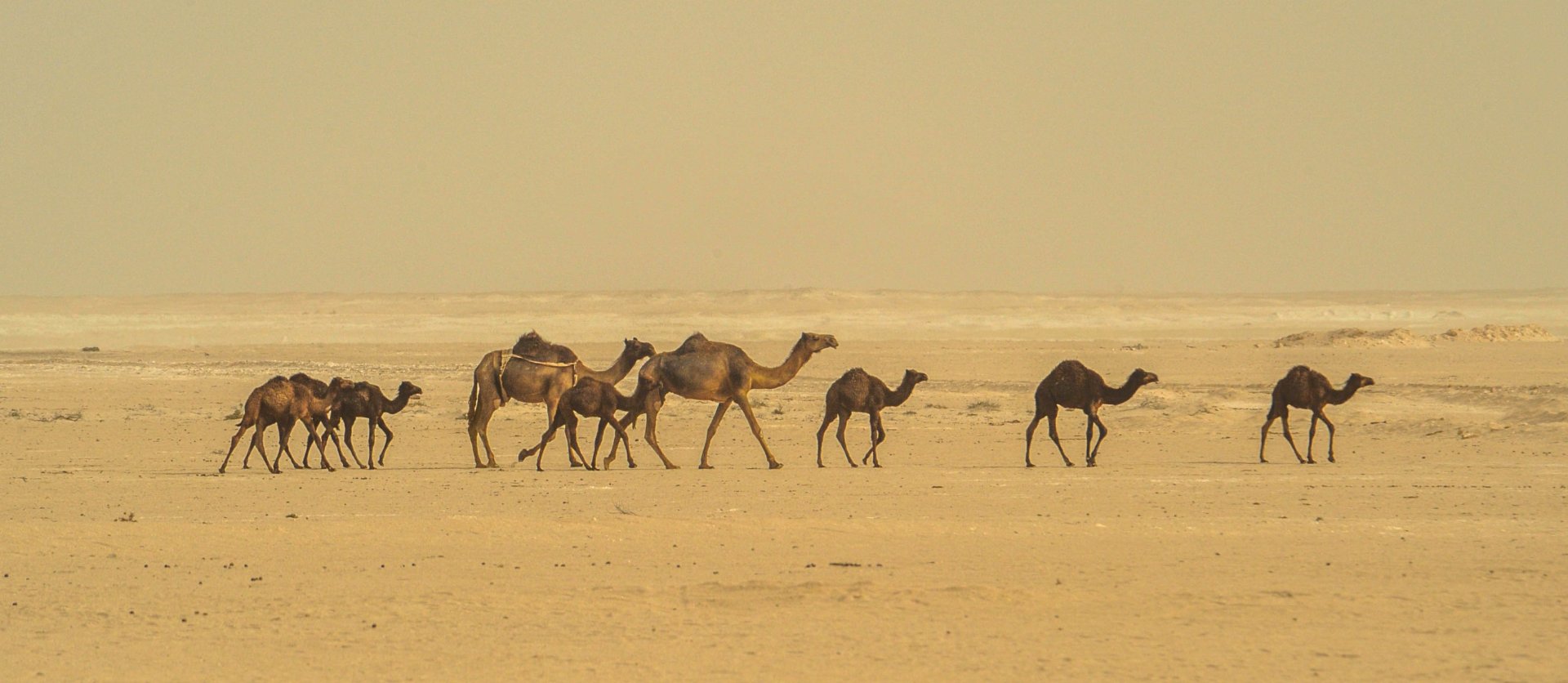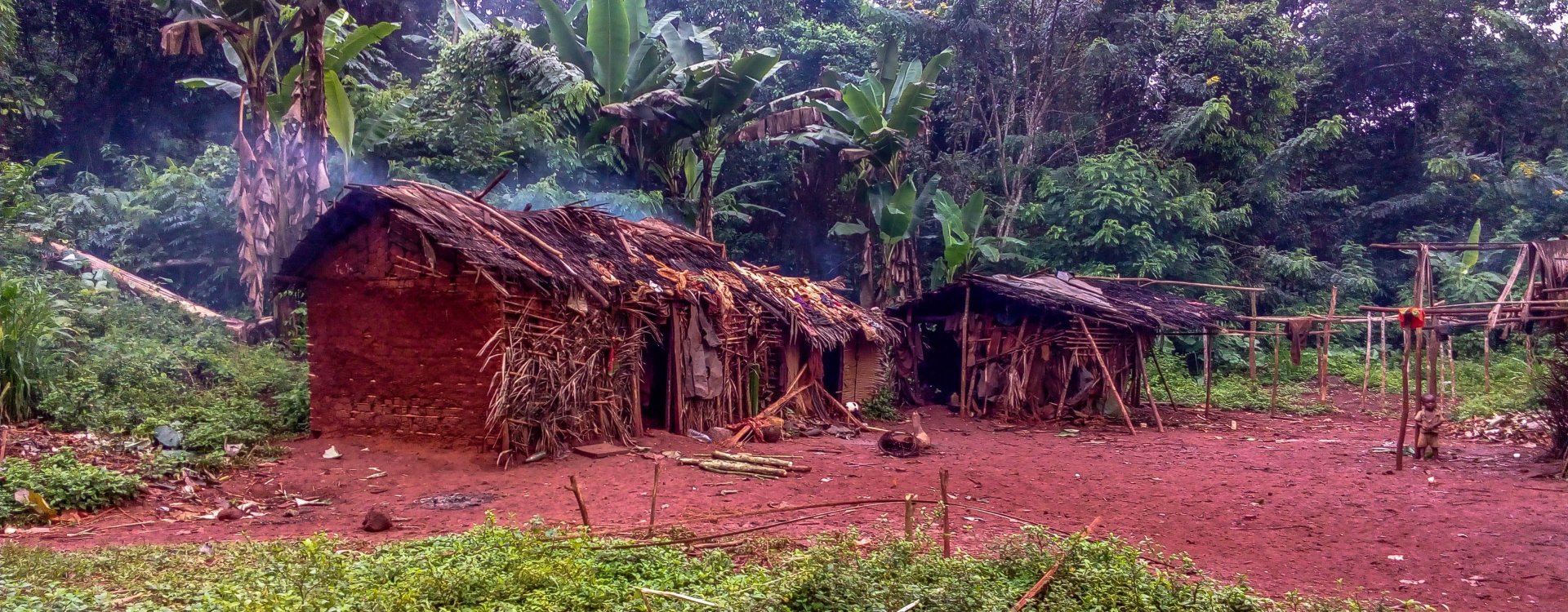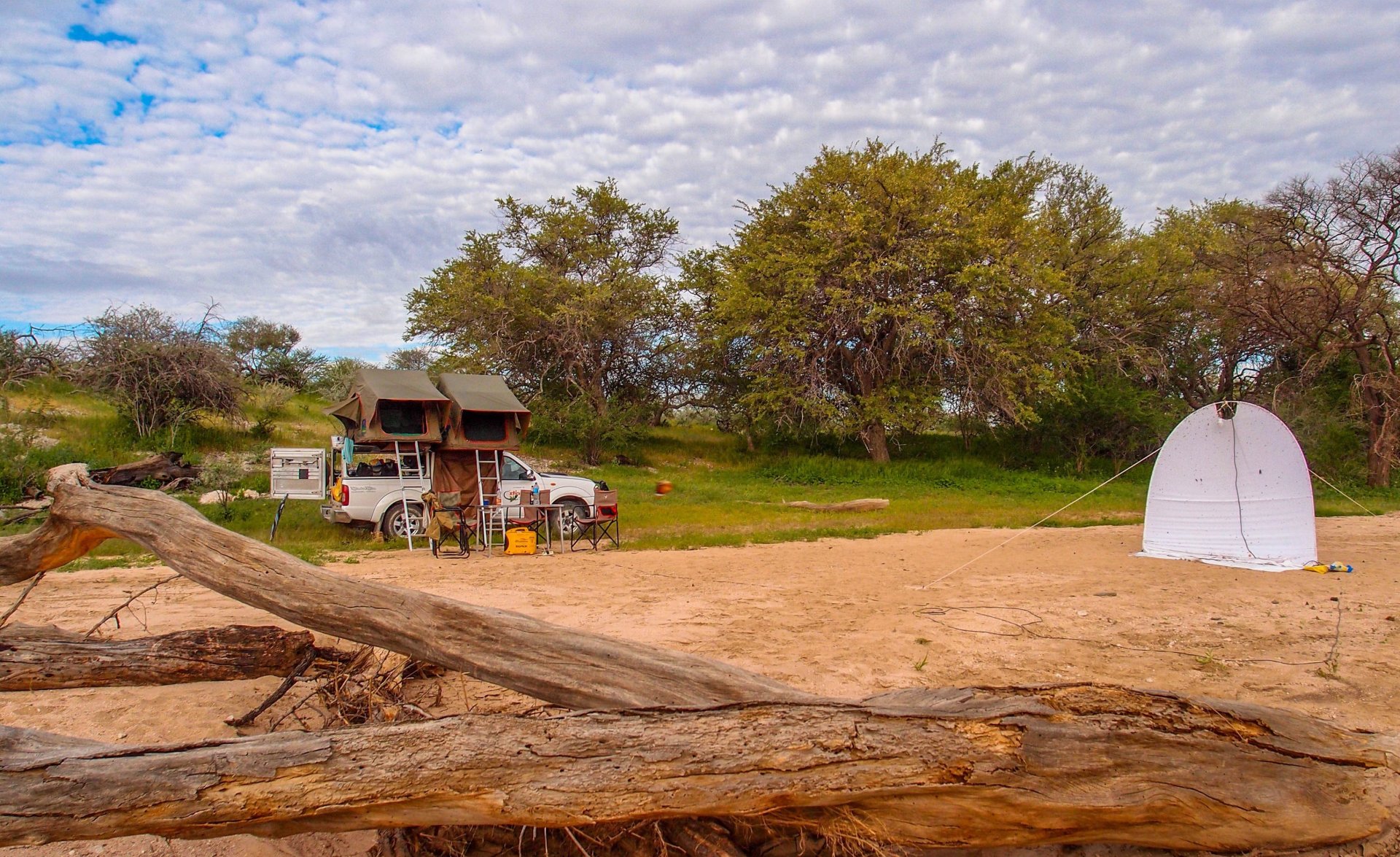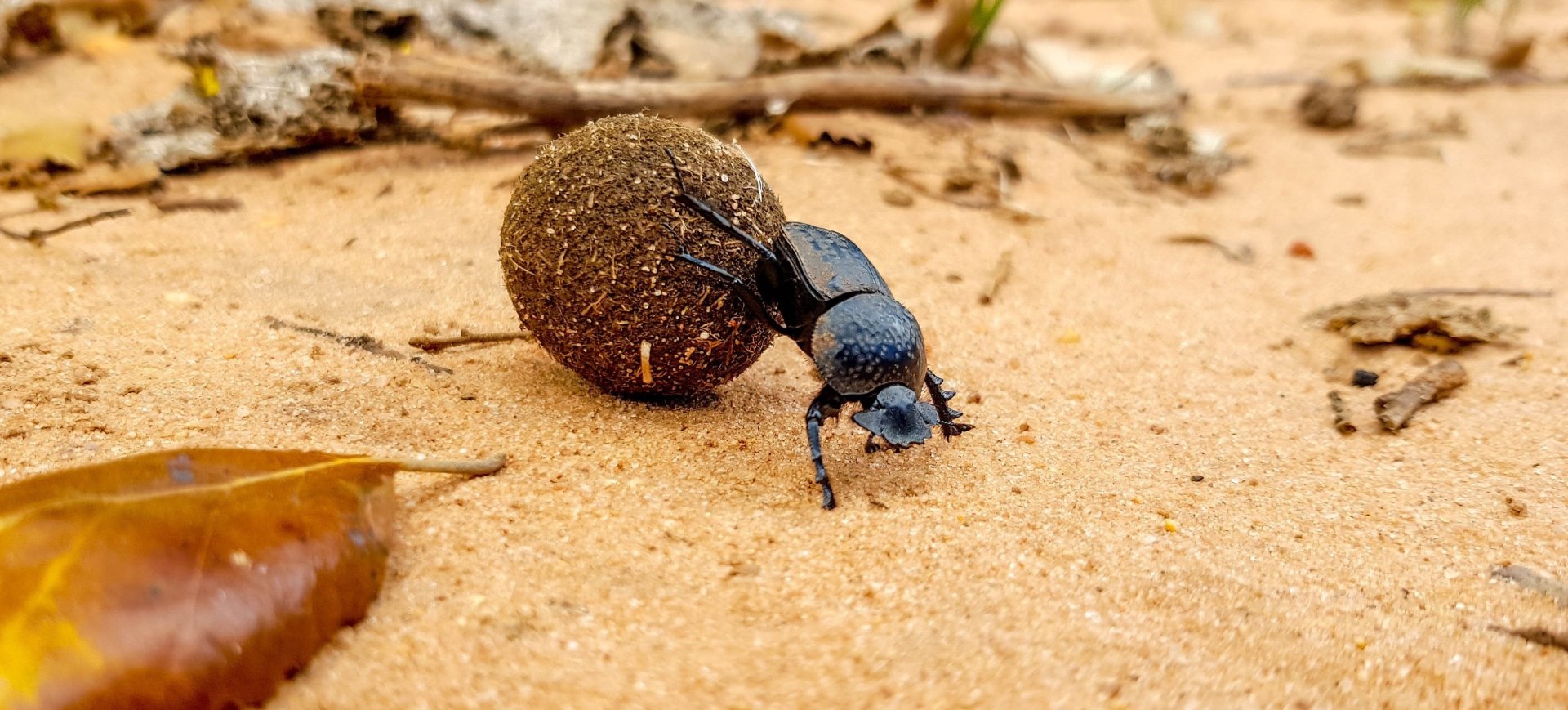Madonie National Park (Italian: Parco Nazionale delle Madonie) is a protected area located in the Sicily region of Italy. Established in 1989, the park encompasses a range of natural and cultural features that make it a significant destination for nature lovers and outdoor enthusiasts.
Overview of Madonie National Park
- Location: The park is situated in the Madonie Mountains, a mountain range in northern Sicily, near the towns of Cefalù and Petralia Sottana.
- Area: Madonie National Park covers an area of approximately 40,000 hectares (around 98,800 acres).
Geography and Landscape
- Elevation: The park's terrain is characterized by rugged mountains and deep valleys, with the highest peak, Pizzo Carbonara, reaching an elevation of 1,979 meters (6,496 feet).
- Diverse Landscapes: The park features a variety of landscapes, including forests, meadows, rocky outcrops, and karst formations. The diversity of ecosystems within the park supports a wide range of flora and fauna.
Flora and Fauna
- Biodiversity: Madonie National Park is home to a rich variety of plant species, including endemic plants unique to the region. The forests primarily consist of beech, fir, and oak trees.
- Wildlife: The park hosts diverse wildlife, including species such as wild boars, foxes, hares, and a variety of birds. The park is particularly important for birdwatchers due to its rich avifauna.
Beetles







